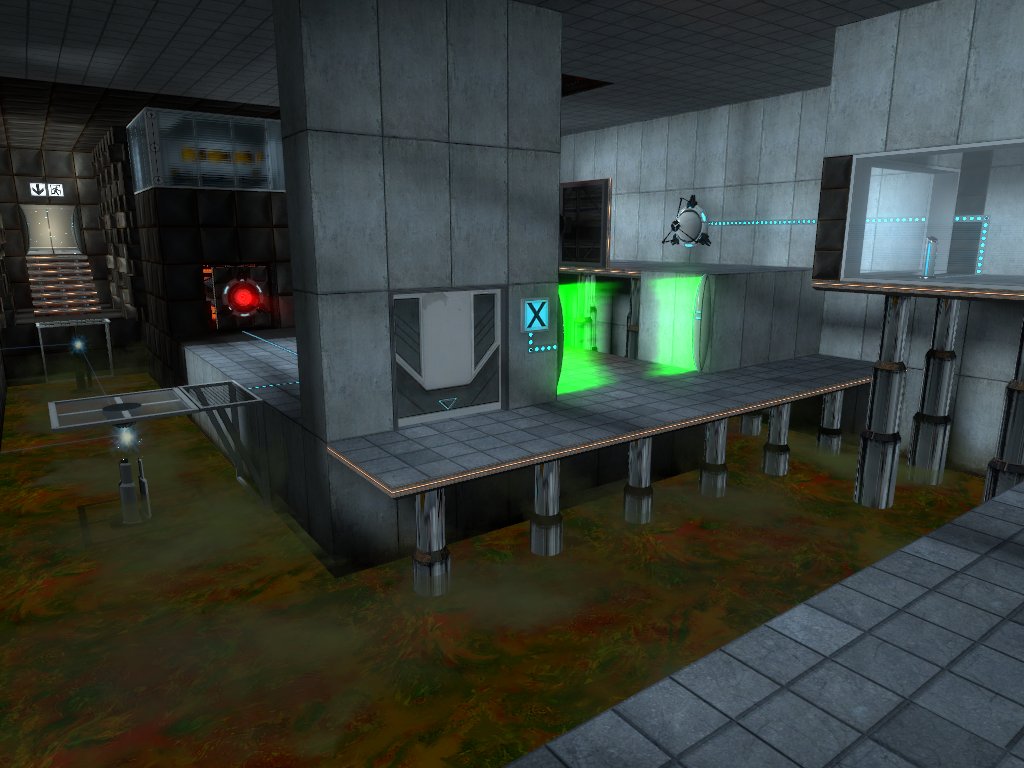It’s fairly easy to get addicted to Kickstarter.
My first use of it was for Shaenon Garrity’s Narbonic Perfect Collection, a drive to get the funding to print the Compleat Editions of her wonderful comic series, Narbonic. Second was for the well-documented OOTS reprint drive, third for the even more well documented DoubleFine Adventure. Then the Elevation iPhone dock, and a project to make an open-source tabletop RPG system.
I like preordering things way in advance. It’s like buying my future self unexpected suprises, but all the things I have Kickstarted have shared one thing in common: I get to play with the item at the end.
If I’m helping to fund a game, and I’m donating more than the game will cost, I want to get the game at the end of it. Not just a beta-tester credit, a thin T-Shirt and five bits of concept art wallpaper, but the game. Think of it less as a cannibalization of our future sales, and more an advanced preorder. Paying $30 to help develop a game is nice, but another $30 to buy it afterwards? I’d rather send you $50 up front and get both the warm fuzzy glow *and* the l3wt.
And my top two Kickstarters right now:




I really do love kickstarter projects. Not for the projects themselves (although many of them are made of pure awesome), but for what it does, which is to connect consumers directly with producers. Producers go “I’d like to sell you this”, consumers go “I’d like to buy this”. There’s nothing in the way. There are guardians of produce sat in the middle going “we don’t think your project is worth it, so we are not going to produce it”. It either lives, or dies, on its own merits.
And this trend is existing across the board. More musicians are ignoring the industry and publishing directly, quite a few authors are publishing e-books directly, there’s an increasing trend to no longer needed the middle tier of finance and control. This has /really/ got to be a good thing.
Liberal capitalism.
To be honest, I’m not convinced the by-passing of “gate-keepers” is an entirely good thing. Ok for the music industry, I’ll give you that, but the book industry still does some nurturing.
The thing is, kickstarting and direct-to-ebook publishing works when you have an established audience, or have a talent for publicity. I’m quite certain there are writers, musicians, and inventors whose ability to produce good stuff is only matched by their inability to sell it.
I suspect that in a not too distant future, there’ll be Kickstart consultants around, who for a “modest” cut of the proceeds and an advance fee will write the pitch and produce the fundraising video.
Possibly. Certianly Kickstarter’s projects right now need approval from the website to happen, and Rich Burlew’s accounts mention that the company was tripping over itself to help him structure the rewards well and generally help him get the very most out of the process (even before it launched and became the overnight sensation it did). For a larger scale operation, that may become a “premium” service, or something the community around it can do (Tim Schafer and Rich Burlew put up a new Kickstarter to write a book on how to make your Kickstarter project awesome).